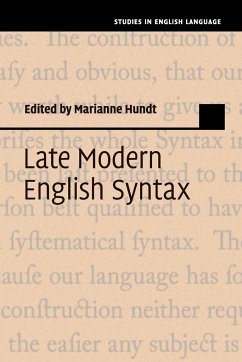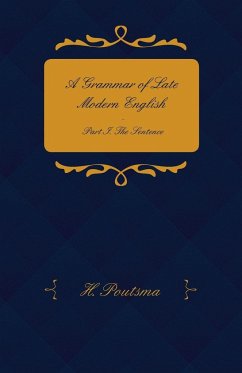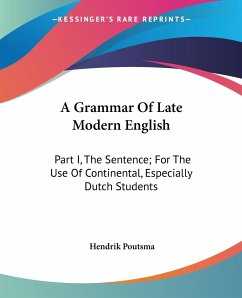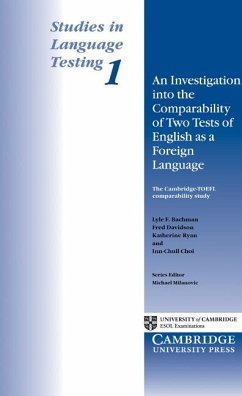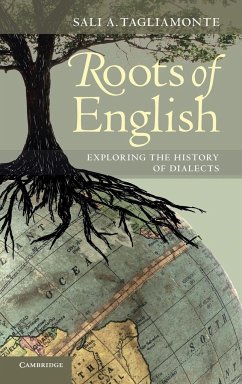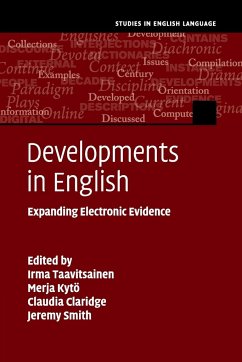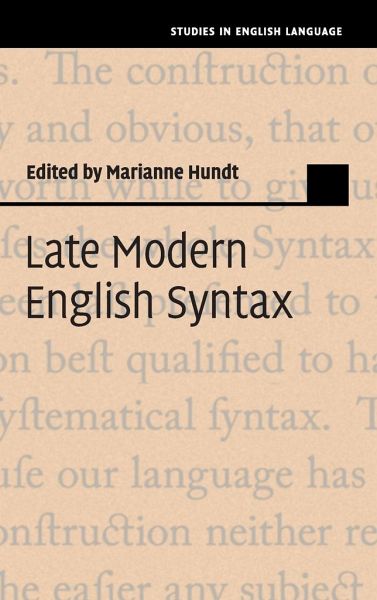
Late Modern English Syntax
Versandkostenfrei!
Versandfertig in 1-2 Wochen
127,99 €
inkl. MwSt.
Weitere Ausgaben:

PAYBACK Punkte
64 °P sammeln!
The Late Modern period is the first in the history of English for which an unprecedented wealth of textual material exists. Using increasingly sophisticated databases, the contributions in this volume explore grammatical usage from the period, specifically morphological and syntactic change, in a broad context. Some chapters explore the socio-historical background of the period while others provide information on prescriptivism, newspaper language, language contact, and regional variation in British and American English. Internal processes of change are discussed against grammaticalisation the...
The Late Modern period is the first in the history of English for which an unprecedented wealth of textual material exists. Using increasingly sophisticated databases, the contributions in this volume explore grammatical usage from the period, specifically morphological and syntactic change, in a broad context. Some chapters explore the socio-historical background of the period while others provide information on prescriptivism, newspaper language, language contact, and regional variation in British and American English. Internal processes of change are discussed against grammaticalisation theory and construction grammar and the rich body of textual evidence is used to draw inferences on the precise nature of historical change. Exposing readers to a wealth of data that informs the description of a broad range of syntactic phenomena, this book is ideal for graduate students and researchers interested in historical linguistics, corpus linguistics and language development.





